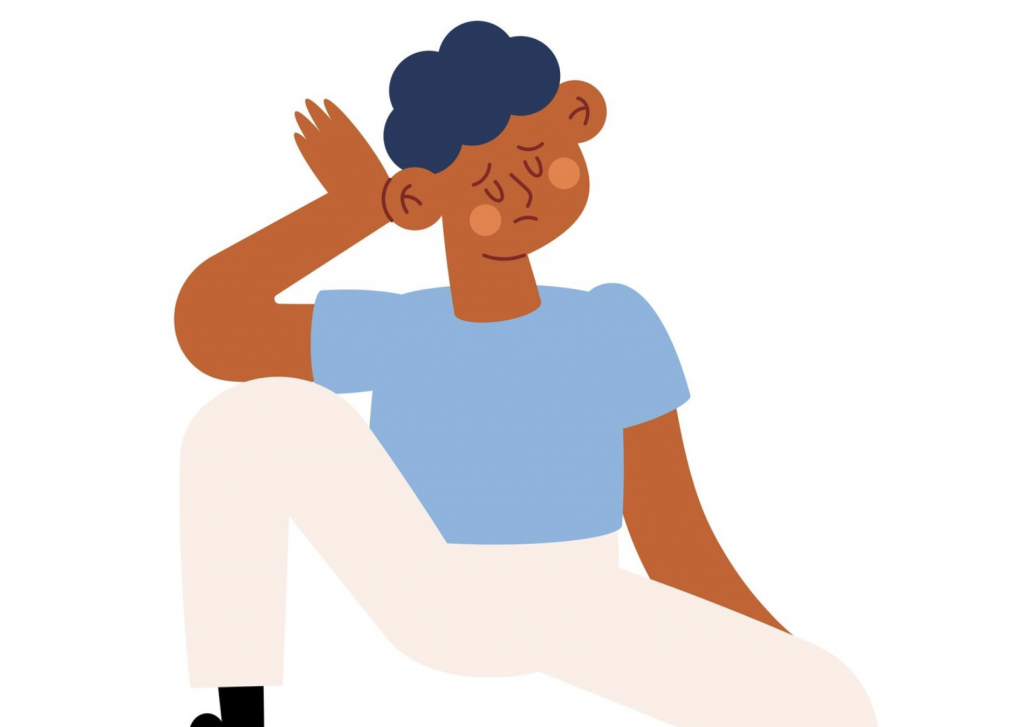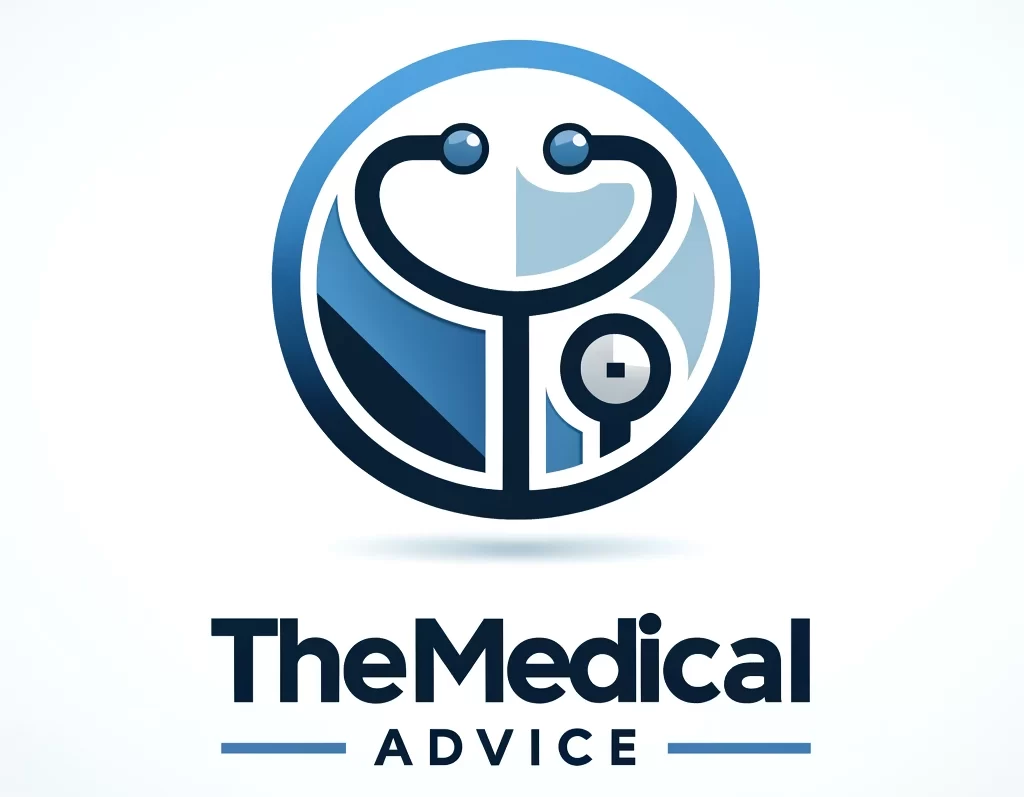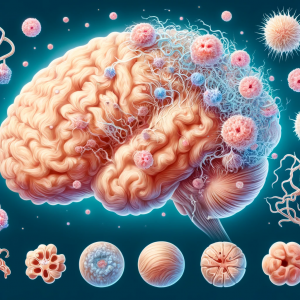
Introduction
Depression, also known as major depressive disorder, is a common and serious medical condition that negatively affects how you feel, the way you think, and how you act. It is more than just feeling sad or going through a rough patch; it is a persistent condition that requires treatment. This article explores the intricacies of depression, its causes, symptoms, diagnosis, treatment options, and ways to manage and prevent it.
What is Depression?
Depression is a mood disorder characterized by persistent sadness and a lack of interest or pleasure in previously rewarding or enjoyable activities. It affects how a person feels, thinks, and handles daily activities. While everyone feels sad or low sometimes, depression is more intense and lasts longer.
Types of Depression
- Major Depressive Disorder (MDD): The most severe form, involving significant depressive episodes lasting for at least two weeks.
- Persistent Depressive Disorder (PDD): A chronic form of depression where a person’s mood is regularly low, but symptoms are not as severe as MDD.
- Bipolar Disorder: Characterized by mood swings that include emotional highs (mania or hypomania) and lows (depression).
- Seasonal Affective Disorder (SAD): Depression that occurs at a specific time of the year, usually in the winter when there is less natural sunlight.
- Postpartum Depression: Severe, long-lasting depression that occurs after childbirth.
- Premenstrual Dysphoric Disorder (PMDD): Severe depression symptoms that occur in the luteal phase of the menstrual cycle.
Causes of Depression
Depression can result from a complex interaction of social, psychological, and biological factors. Some key contributors include:
- Genetics: Family history can play a significant role in the likelihood of developing depression.
- Brain Chemistry: Imbalances in neurotransmitters, such as serotonin, dopamine, and norepinephrine, can contribute to depressive symptoms.
- Hormones: Changes in the body’s balance of hormones may trigger or cause depression.
- Environmental Factors: Stressful life events, such as trauma, abuse, the death of a loved one, or financial troubles, can trigger depression.
- Medical Conditions: Chronic illnesses, pain, and certain medications can contribute to depression.

Symptoms of Depression
Depression affects each person differently, but there are some common symptoms:
- Emotional Symptoms:
- Persistent sad, anxious, or “empty” mood
- Feelings of hopelessness or pessimism
- Feelings of guilt, worthlessness, or helplessness
- Loss of interest or pleasure in hobbies and activities
- Irritability
- Physical Symptoms:
- Fatigue or decreased energy
- Difficulty concentrating, remembering, or making decisions
- Insomnia, early-morning awakening, or oversleeping
- Appetite and/or weight changes
- Thoughts of death or suicide, or suicide attempts
- Aches or pains, headaches, cramps, or digestive problems without a clear physical cause and/or that do not ease even with treatment
Diagnosis of Depression
Diagnosing depression involves a combination of interviews, physical exams, and questionnaires. Health professionals may use tools such as the Beck Depression Inventory (BDI), Hamilton Depression Rating Scale (HDRS), or the Patient Health Questionnaire (PHQ-9) to assess symptoms. A thorough medical history and possibly lab tests can rule out other conditions that might mimic depression, such as thyroid issues or vitamin deficiencies.

Treatment Options for Depression
- Medication:
- Antidepressants: SSRIs (Selective Serotonin Reuptake Inhibitors), SNRIs (Serotonin-Norepinephrine Reuptake Inhibitors), TCAs (Tricyclic Antidepressants), and MAOIs (Monoamine Oxidase Inhibitors).
- Mood Stabilizers: Often used in bipolar disorder to manage mood swings.
- Antipsychotics: Sometimes used in combination with other medications to treat severe depression.
- Psychotherapy:
- Cognitive Behavioral Therapy (CBT): Focuses on changing negative thinking patterns.
- Interpersonal Therapy (IPT): Helps improve interpersonal relationships.
- Psychodynamic Therapy: Explores past experiences and emotions to understand current feelings.
- Group Therapy: Offers support and shared experiences with others facing similar issues.
- Lifestyle Changes:
- Regular Exercise: Proven to be effective in improving mood and overall mental health.
- Healthy Diet: Balanced nutrition can impact brain function and mood.
- Adequate Sleep: Ensuring good sleep hygiene helps manage symptoms.
- Stress Management: Techniques such as mindfulness, meditation, and yoga can reduce stress.
- Alternative Treatments:
- Electroconvulsive Therapy (ECT): For severe cases where other treatments have failed.
- Transcranial Magnetic Stimulation (TMS): Uses magnetic fields to stimulate nerve cells in the brain.
- Light Therapy: Especially useful for Seasonal Affective Disorder (SAD).
Managing Depression
Managing depression is an ongoing process that requires persistence and support. Here are some strategies:
- Adherence to Treatment: Consistently following the prescribed treatment plan, including taking medications and attending therapy sessions.
- Support Systems: Building strong relationships with family, friends, or support groups.
- Healthy Habits: Maintaining a balanced lifestyle with regular physical activity, healthy eating, and sufficient rest.
- Routine: Establishing a daily routine can provide structure and reduce feelings of chaos.
- Mindfulness and Relaxation Techniques: Practices such as meditation, deep breathing exercises, and progressive muscle relaxation can reduce symptoms.

Preventing Depression
While not all cases of depression can be prevented, some strategies can reduce the risk:
- Regular Exercise: Physical activity boosts endorphins and promotes a positive mood.
- Healthy Diet: Eating a balanced diet supports overall mental and physical health.
- Adequate Sleep: Proper rest is crucial for emotional and physical well-being.
- Stress Management: Effective techniques for managing stress can prevent it from escalating into depression.
- Social Connections: Building and maintaining healthy relationships provide support and reduce feelings of isolation.
- Avoiding Alcohol and Drugs: Substance abuse can contribute to or worsen depression.
- Regular Check-ups: Routine medical care helps in early identification and management of symptoms.
Conclusion
Depression is a complex condition that affects millions worldwide. Understanding its causes, symptoms, and treatment options can empower those affected to seek help and manage their condition effectively. While it may not always be preventable, maintaining a healthy lifestyle and strong support network can significantly reduce the risk and impact of depression. Through continued research and awareness, the stigma surrounding mental health can be diminished, leading to a more compassionate and informed society.
If you or someone you know is struggling with depression, it’s essential to seek professional help. Early intervention and treatment can lead to better outcomes and a higher quality of life. Remember, depression is a medical condition, not a personal failing, and help is available.


